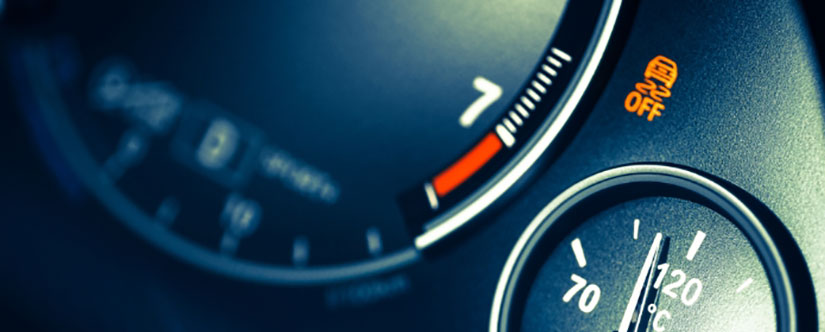While you might not be too interested in becoming a car mechanic in your spare time, it’s sill vital that you know how to deal with certain aspects of your car. And one of those aspects is checking your vehicles engine coolant level, and believe it or not it’s not that hard to do either.
You always want to discover these problems early on. The coolant level should always be the same – unless there is a leak somewhere. If there is a leak it’s better discovered when you’re at home than when you’re out and about when your engine decides to overheat. Leaving it later can have you stranded en-route to work one day, with a bill to pay for an overheated – potentially damaged – engine!
Checking the Coolant
The majority of modern cooling systems will be sealed – and they are all pressurised systems. This means that you need to do it when the vehicle is cold, this is very important! If you have been driving give your car a few hours rest to avoid being scalded by boiling water.
Once the engine has cooled, pop open the car bonnet and check for the cooling system, if you are unsure where this is check your vehicle handbook. Generally this is a clear tank so you can see the fluid levels inside. Look at the outside of your coolant tub and you will be able to see if the level has dropped, it should be between the maximum and minimum marks.
If you think that your coolant level does need a top up, triple check that it is the correct tank as adding antifreeze to the screen wash, brake fluid or even the power steering reservoir would be a very bad idea indeed.
Before you top up the coolant and after you have triple checked the tank make sure you use the correct concentration of anti-freeze too! Anti-freeze is not just for winter, it provides year round protection preventing corrosion and stopping scale from building up which will affect the efficiency of the cooling system.
If the level keeps dropping, especially in newer cars the coolant must be escaping from somewhere, therefore it is vital you get a garage to investigate further. Do not wait until it’s too late.
Checking the level on a regular basis, ideally weekly, could save you a lot of money as an overheated engine can cause a lot of damage.
